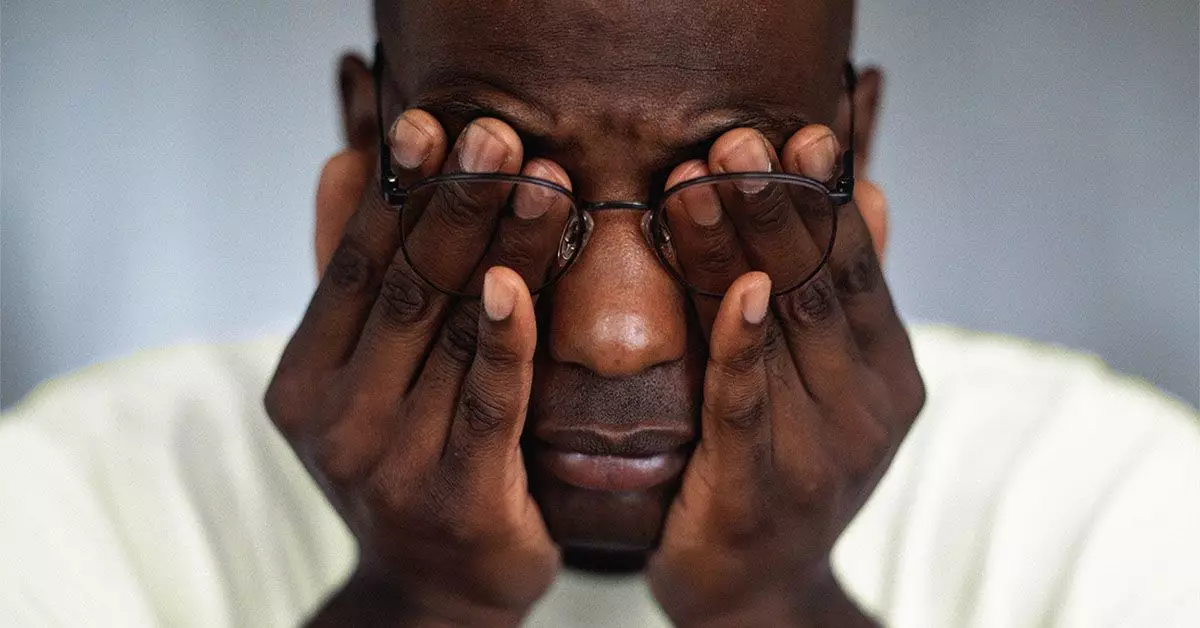Chemotherapy remains a cornerstone in the treatment of various cancers, offering hope for recovery and prolonged life. However, alongside its therapeutic benefits, patients often face numerous side effects that can significantly affect their quality of life. One such area of concern is the impact of chemotherapy on vision. This article aims to delve into how chemotherapy can alter visual health, the duration of these effects, and effective management strategies.
Patients undergoing chemotherapy often report a wide array of side effects, which can include nausea, fatigue, and, importantly, changes in vision. These visual disturbances may manifest in different forms, such as blurred vision, light sensitivity, dry eyes, or even more severe conditions like cataracts. Understanding the relationship between chemotherapy and visual impairment is essential, as some of these changes can be temporary while others may have longer-lasting implications.
The specific chemotherapy drugs used can lead to varied effects on vision. For instance, certain agents are known to provoke dryness and irritation in the eyes, while others may be linked to the development of cataracts or retinal changes. It is essential for patients to be aware of the potential for these side effects, as not all individuals will experience them equally. Personal health factors, such as pre-existing conditions, medication dosage, and specific types of chemotherapy, can all influence the risk and severity of vision-related side effects.
One critical aspect of visual side effects from chemotherapy is their duration. For the majority of patients, symptoms such as blurry vision or light sensitivity are temporary, often diminishing within weeks after treatment concludes. However, there is a significant subset of individuals who may experience long-term effects that can persist for months or even years after therapy has ended. This unpredictable nature can lead to anxiety and frustration for many patients, particularly when the changes are sudden or severe.
Patients must maintain open lines of communication with their healthcare providers to monitor these symptoms effectively. Regular eye examinations are crucial, especially for those who have received chemotherapy that is known to affect vision. Such proactive measures can ensure that any emerging complications are addressed swiftly, potentially improving outcomes and quality of life.
Fortunately, various strategies exist to manage the vision changes associated with chemotherapy. The choice of management typically hinges on the specific symptoms experienced by the patient. For individuals suffering from dry eyes, over-the-counter artificial tears or prescription eye drops may provide relief. In cases where patients develop cataracts, surgical options exist that can restore clarity of vision.
Moreover, healthcare professionals can offer tailored recommendations based on individual circumstances. This personalized approach may involve lifestyle modifications, such as ensuring adequate hydration, avoiding environments that exacerbate eye irritation, and using protective eyewear in bright conditions. These adjustments can serve to alleviate some discomfort while promoting overall ocular health.
If a patient experiences sudden changes such as severe eye pain, drastic changes in vision, or visible halos around lights, seeking immediate medical care is imperative. Such symptoms could indicate more severe underlying issues that require urgent attention. Timely intervention can make a significant difference in preserving sight and preventing further complications.
Chemotherapy undoubtedly plays a crucial role in combating cancer, yet it is equally important for patients to be aware of the potential impact on their vision. While many side effects are reversible and manageable, some may linger long past the conclusion of treatment, underscoring the need for vigilant monitoring and communication with healthcare professionals. By understanding the risks, implementing effective management strategies, and being proactive about eye health, patients can better navigate the challenges posed by chemotherapy and work towards maintaining their quality of life.

